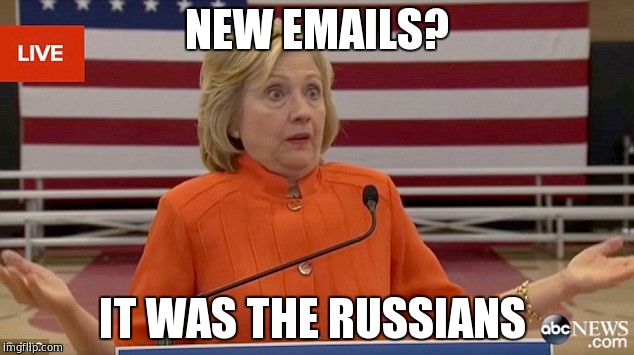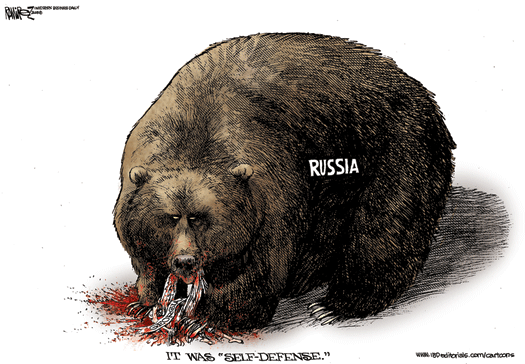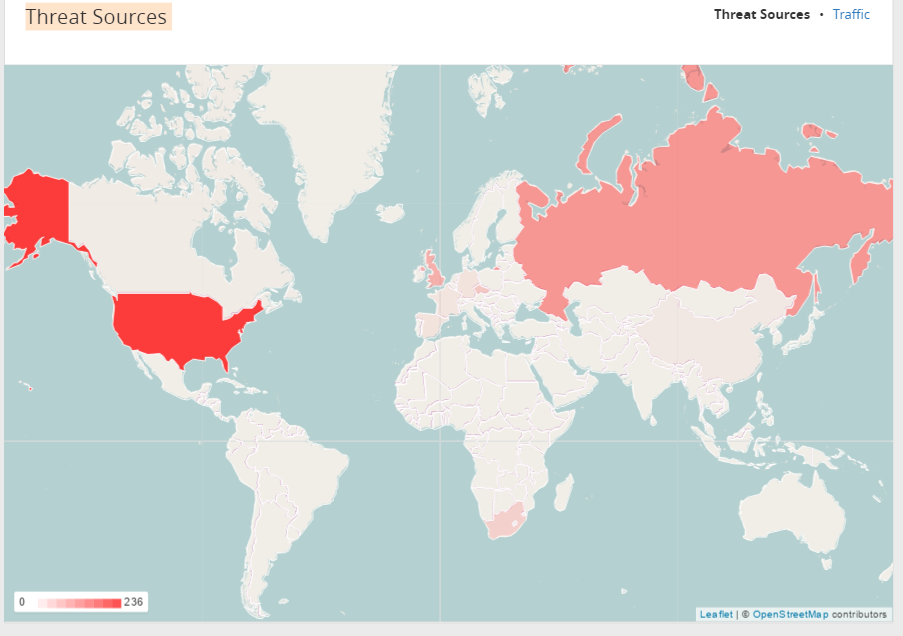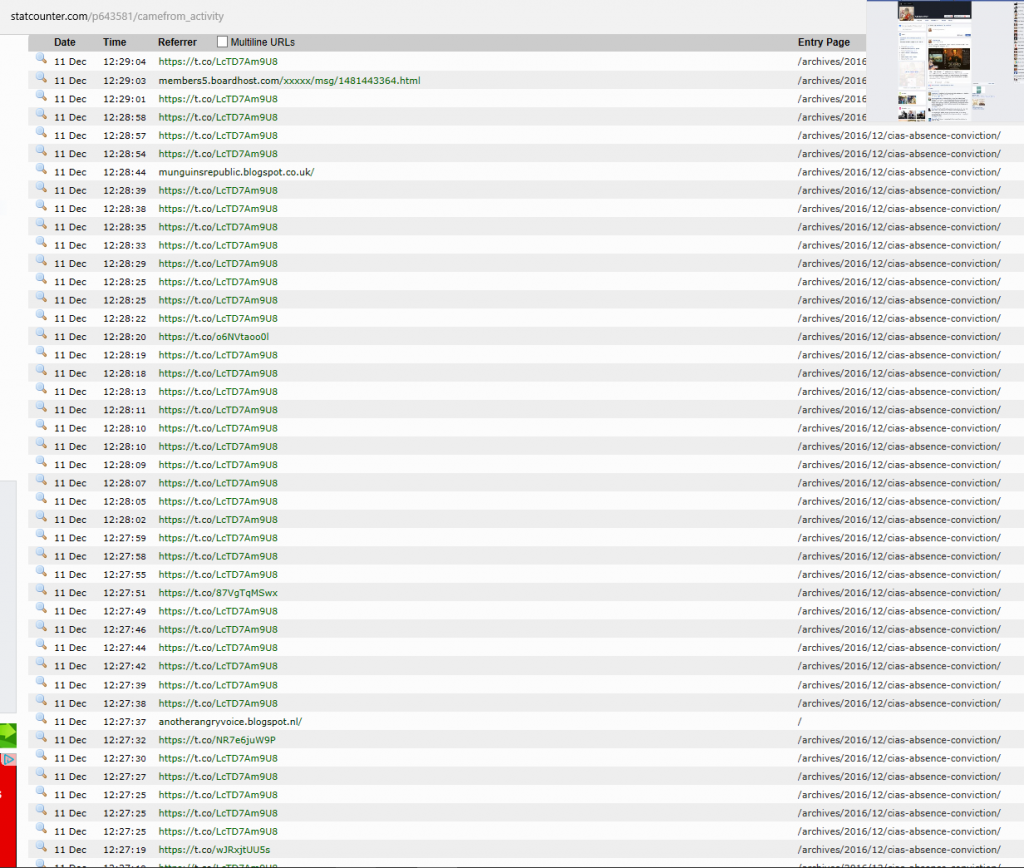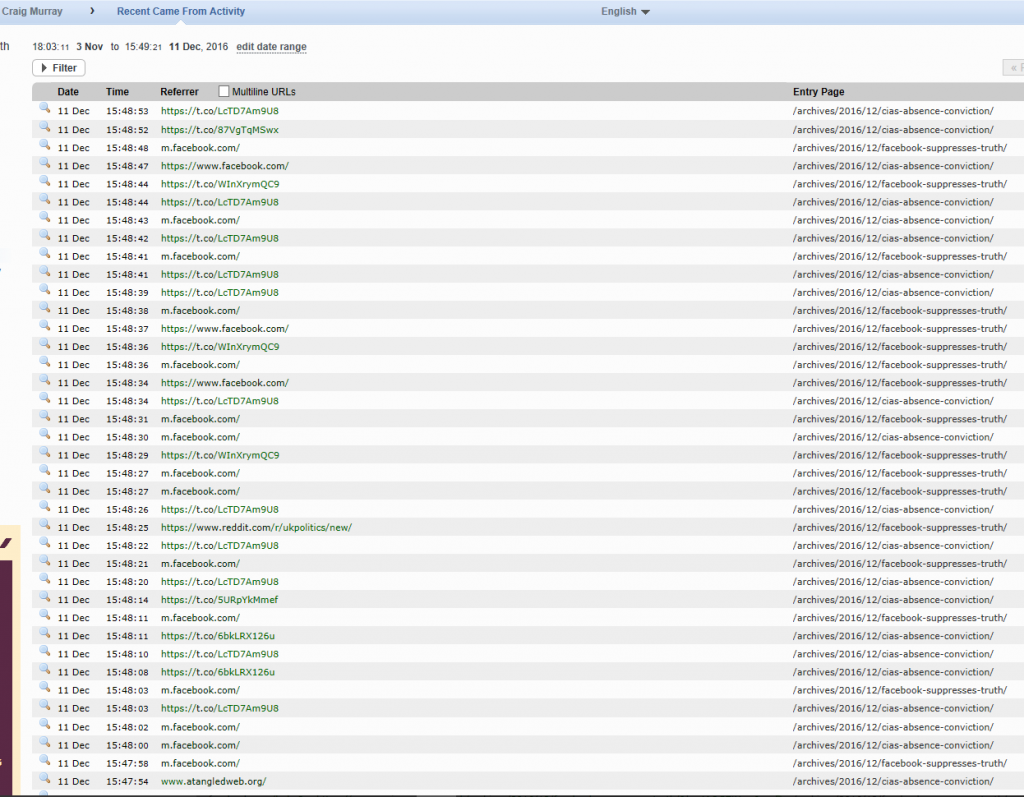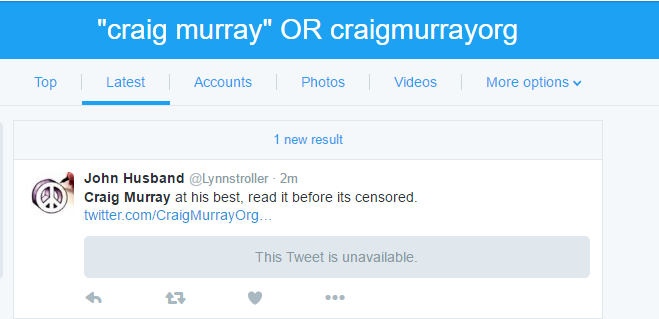If you live long enough, your past catches up with you and this year for the first time highly classified papers I wrote in the Foreign and Commonwealth Office are starting to be released under the 30 year declassification rule.
My first FCO job was in the South Africa Section as the South Africa (political) officer, at a time when Apartheid was in full sway in South Africa. It was the official policy of Her Majesty’s Government to oppose international sanctions efforts, and the Thatcher government’s official line was that Mandela was a terrorist properly in jail after a fair trial. There was a huge tension between the Foreign and Commonwealth Office and 10 Downing Street.
The government looks to control the historical narrative as papers are released by official histories. The FCO official historian, Professor Patrick Salmon, has produced a selection in a volume entitled The Challenge of Apartheid.
He frames the political situation in the introduction:
focusing on the period after 1979 and the respective attitudes of Mrs Thatcher and the Foreign and Commonwealth Office. It then discusses some of the key themes of the 1985-86 period, including the formulation of policy towards South Africa at the FCO, the debate over sanctions and the Commonwealth dimension. Within this framework, there were particular difficulties for relations between the FCO and No. 10, including the establishment of formal contacts between the British Government and the ANC, and the merits of quiet personal diplomacy (through Mrs Thatcher‘s confidential correspondence with President P.W. Botha) versus the managing and gradual stepping up of international pressure favoured by the FCO.
Salmon acquits Thatcher of actually supporting apartheid. I would dispute this. I was only a Second Secretary but the South Africa (Political) desk was just me, and I knew exactly what was happening. My own view was that Thatcher was a strong believer in apartheid, but reluctantly accepted that in the face of international opposition, especially from the United States, it would have to be dismantled. Her hatred of Mandela and of the ANC was absolute. It is an undeniable statement that Thatcher hated the ANC and was highly sympathetic towards the apartheid regime.
By contrast the Tory FCO junior ministers at the time, including Malcolm Rifkind and Lynda Chalker, shared the absolute disgust at apartheid that is felt by any decent human being. The Foreign Secretary, Geoffrey Howe was somewhere between these two positions, but very anxious indeed not to anger Thatcher. South Africa was an issue in which Thatcher took an extreme interest and was very, very committed. Not in a good way.
British diplomats were almost banned from speaking to any black people at all. Thatcher favoured the Bantustan or Homelands policy, so an exception was made for Gatsha Buthelezi, the Zulu chief who was regarded as anti-ANC and prepared to oppose sanctions and be satisfied with a separate Zulu “homeland” for his Inkatha movement and essentially accept apartheid exclusions. That may be unfair on him, but it was the policy of the UK government to steer in that direction. Our Consulate General in Johannesburg was permitted to talk to black trades unionists, and that was our main angle in to the black resistance movement. These contacts were made by the excellent Tony Gooch and Stuart Gregson, and before them the equally excellent Terry Curran, then my immediate boss in London. Neither Terry nor Tony were “fast-track” public school diplomats. None of them talked to black South Africans at all.
I flew off the handle when I discovered, when dealing with the accounts of the Embassy in Pretoria/Capetown (a migrator capital), that the British Ambassador, Patrick Moberly, had entertained very few black people indeed in the Residence and the vast majority of Embassy social functions were whites only. In 1985 most of the black people who got in to the British Ambassador’s residence in South Africa were the servants. I recall distinctly the astonishment in the FCO that the quiet and mild-mannered young man at the side desk had suddenly lost his rag and got excited about something that seemed to them axiomatic. Black people as guests in the Residence in Pretoria? No, Craig, I was told, we speak with black people in Johannesburg. Different culture there.
It was my fury at this that led me to write a policy submission advocating a fundamental change in our approach. And this is where we can see that I was much cleverer at age 26 than I am now.
There was no point in advocating that we make contact with the ANC. The entire submission would have been instantly binned and I would have been transferred to the paperclips department. But in South Africa there was a group which, though massively persecuted and its leaders frequently jailed, was not actually illegal. The United Democratic Front was a coalition of community groups and trades unions which opposed apartheid but was not officially connected to the ANC. I proposed we open contact with the UDF.
To make this palatable to the Tories, I proposed this argument. It was very possible that in a decade or two black Africans would rule South Africa. Our current policy had demonstrably led to a position where we were in danger of being hated by black South Africans because of the mistaken perception (God help me, I knowingly wrote mistaken without believing it) that the British government supported the apartheid regime. Therefore in the future interest of the British investments and British business, we should aim for a closer relationship with the black opposition for the sake of our corporate interests.
That may sound obvious to you, but it was an argument in 1985 that had not been previously heard in the FCO, and which it turned out many colleagues were itching to pitch in and support once I had stuck my neck out. And it emboldened the anti-apartheid element of the Conservative Party to stand up to Thatcher on the issue. But it did not make any change in one particular policy that infuriated me – the Tory insistence that anti-apartheid activists who were sentenced had received a fair trial in a legitimate justice system and were rightly criminals.
This policy minute of mine faced Professor Patrick Salmon with a dilemma in writing his official history. As a whistleblower, I am persona non grata in the Foreign and Office, a non-person who has been airbrushed from history as comprehensively as an executed Central Committee member. But at the same time I played a pivotal role at a key moment in the precise subject of the book. Salmon gets round this by the really weird device of publishing extracts of minutes from various people commenting on my minute, without giving the minute on which they were commenting.
Minute from Mr Curran to Mr Humfrey, 22 August 1985
Confidential (FCO 105/1961, JSS 011/16)
Contacts with South African Blacks
1. Mr Murray has lucidly argued the case for tackling a perennial problem, one that was debated at length throughout my time in South Africa. The Embassy must deal with two increasingly divided societies. But the shifting balance of power if nothing else requires us to pay more attention to explaining our case and improving our image with Blacks. Our brief for the Inspectors, to which they paid scant attention, emphasised the importance of this work.
2. Contact with radical, influential Blacks is not easy. In my experience they are highly critical of our policies, suspicious of our motives and too often see us as the willing partners of the US in ‘constructive engagement‘. The depth of our trade and investment interest is known to Blacks. An apparently unsympathetic British Government attitude will, as Mr Murray suggests, serve to strengthen the perception that the private enterprise system supports the apartheid system.
3. Reporting from the Embassy confirms how radical Black opinions are becoming. Recent developments and our perceived reluctance to do anything to bring such pressure to bear on the South African Government make it essential that we make a greater effort to cultivate Black contacts. Our continuing opposition to any sanctions, in defiance of world opinion will make this task increasingly difficult.
4. I agree with Mr Murray that we need to examine ways of improving our credibility with Blacks. We should, for instance, take every opportunity to give tangible evidence in South Africa of our rejection of apartheid. We could have made much of our intervention on the Moloise case and the Embassy should have authority to react quickly and critically to any publicised case involving an abuse of human rights. We cannot afford to be over-sensitive to the attitudes of the South African Government.
5. A co-ordinated attempt should be made to develop contacts with a wider range of urban Blacks. The UDF has 600 affiliates: it might be worth looking at the organisations as well as the few high-profile leaders. We could consider expanding our contact with the trade unions; the community committees such as the Soweto Civic Association and the committees at Winterveldt, Cradock, etc. which will become the only credible local organisations; various Church groups particularly in Cape Town and around Johannesburg, and white action groups such as Black Sash and the Legal Resource Centres which enjoy high credibility with Blacks.
6. We have little to offer in material terms for these contacts. The Heads of Mission Gift Scheme and British Council scholarships do not give us much scope for largesse. But what is really required by South African Blacks is evidence that Britain is genuinely concerned about their future. We must take every opportunity to show that we are genuinely committed to peaceful but early and fundamental change. We need to discuss this matter with Mr Moberly and obtain the Embassy‘s views as soon as possible.
T. D. CURRAN
From Prof Salmon’s footnotes
Mr Craig Murray, a desk officer in SAfD, had argued in a submission of 6 August, ‘Anti-British
Feeling among Blacks‘, that it was ‘essential that to protect British interests in South Africa in the
medium to long-term we should cultivate better relations with the black opposition groupings, other
than the ANC/PAC whom I believe have been ruled out of bounds‘. Mr Murray was concerned in
particular ‘at evidence of genuine and growing anti-British hostility in the Black Community and
particularly from the UDF, a body which can, with some justice, claim to represent the majority in
South Africa‘. This, he felt, represented a long-term danger since there was ‘a real possibility that
the leadership of South Africa in fifteen years’ time will include many present UDF activists‘. He
urged that the presentation of British policy should be slanted to appeal to blacks by focusing less
on opposition to sanctions and more on condemning apartheid and human rights, and that there
should be ‘more regular formal and informal contact with the UDF‘ (FCO 105/1961, JSS 011/16).
See also No. 110.
Benjamin Moloise, a poet and ANC activist, was condemned to death in 1982 for the alleged
murder of a policeman. He was executed on 18 October 1985.
Mr Humfrey minuted on 22 August: ‘We mentioned this to Mr Moberly who has copies of this
minute and the submission from Mr Murray which he intends to reflect on.‘
Letter from Mr Moberly (Pretoria) to Mr Reeve, 11 November 1985
Confidential (FCO 105/1961, JSS 011/16)
Dear Tony,
Contacts with South African Blacks
1. When I was in London in August I undertook to let you have my comments on various papers prepared in the Department on the subject of contacts with South African blacks. We have subsequently considered the minuting forwarded to me with Terry Curran‘s letter of 6 September. We asked Richard Thomas to let us have his views before he left Johannesburg at the end of his tour in view of his own special responsibilities in this area, and he agreed generally with the remarks which follow.
2. Let me say straightaway that this whole subject is one of our constant pre-occupations here. We put a lot of time and effort into maintaining contacts with blacks. As you will realise, however, it is far easier said than done. I will say more of this in a moment; but the point to establish at the outset is that we cannot take it for granted that leading blacks want to see much of us, let alone that they will pay attention to the message we bring. I am certainly not suggesting that British policy should be changed. Yet so long as we are seen as less willing than others to put pressure on the South African Government our standing with blacks is bound to be diminished. We have to live with that fact.
3. As I say, contact with blacks is already a high priority for posts in South Africa and we have regular contact with a wide spectrum of black political personalities more or less continuously. Particularly on a personal level individual members of the staff of the Embassy and consular posts are on good and easy terms with many leading blacks. I myself make a point of seeing people such as Buthelezi, Motlana, Tutu and others. Our staff in Johannesburg have wide ranging contacts with blacks in their consular area, Tony Gooch has useful contacts among black trade unionists, Simon Davey in Durban sees blacks in the UDF as well as the leaders of Inkatha on a day to day basis. Our staff in Cape Town and particularly Ian Marsh have developed useful contacts particularly among the Cape coloured community. This pattern of contacts is supplemented by relationships built-up by other members of the Embassy including Derek Tonkin, Graham
Archer and David White. Tony Gooch is well placed to get an insight into the attitude of black trade unionists and others, and I am proposing that he should try to make maximum use of this as a contribution to our political reporting. During the last twelve months members of the Embassy have also visited various regions, and reports have been sent to the department of the useful black contacts made in the Eastern Cape, Northern Transvaal etc. Nor should we overlook the continuing and important work carried out by the British Council here. The staff of the Council collectively certainly see as many blacks in the professional field as the Embassy and I know that their work is held in high esteem in the black community. I do not think, therefore, that there is any question of our not having the need to keep in touch with the black community constantly before us and I believe that our performance in meeting this objective is reasonable.
4. At the best of times it has not always been easy to establish close contact. Practical difficulties are considerably greater in present circumstances. Unrest in the townships has tended to make them no-go areas at least for regular visits. Our staff in Johannesburg have been strongly advised by their black contacts not to try to continue with the regular visits to Soweto that they had conducted until earlier this year. Similarly we have been cautioned by blacks in the Pretoria area to be careful before visiting the local townships, and violence in the Cape Town area in recent weeks has also somewhat curtailed Ian Marsh‘s programme of visits. Fortunately many of our contacts work in central business areas and are still prepared to spare time during the day to meet us. Evening functions are more difficult though not wholly out of the question (half the blacks whom we invited to the Residence for a farewell dinner party for the Thomas‘s cried off at the last minute) and the Soweto curfew does not help. Tony Gooch was unable to see members of the FOSATU group of unions in Durban recently because of a decision that they would boycott contact with representatives of the British Government following what they consider to be insufficient support in a FOSATU union dispute with the British-owned company in Howick. There is a strong possibility that this decision to end contact will spread and may hamper official contact with the largest group of black trade unions. Although we are still seeing members of the UDF our contacts with them have been curtailed by the detention of many UDF leaders. For instance Graham Archer was unable to see contacts in the UDF whom he knows personally and who have always been ready to talk to him during his recent visit to Cape Town because those in question had either been detained or had temporarily gone underground. The practical difficulties are of course compounded by a widely-held feeling among township blacks, and especially among the more radical of them, that HMG are not doing all they might to support the black cause at the minute. So why should blacks go out of their way to be in touch with the Embassy? Not a boycott, more an impediment to our doing as much as we would like with contacts.
5. Individual attitudes however are sometimes misrepresented to us. An example was a recent claim by the Mandela family lawyer, Ismail Ayob, who is a difficult and sometimes misleading individual, that Winnie Mandela had decided to have nothing to do with the British. It was gratifying that she subsequently saw Richard Thomas before he left the country, greeted him warmly, listened
attentively to Richard‘s defence of our sanctions policy and was by no means critical of all the reasons behind our policy. Significantly she also spoke very favourably of our scholarship scheme, seemed to have a much higher regard for HMG‘s policies than those of the United States and said that Britain had always had a better understanding of the struggle of blacks in South Africa against apartheid than the United States. She spoke warmly of the British Government‘s policy in allowing the ANC to have an office in London and in allowing anti-apartheid exiles to remain in the United Kingdom.
6. In short, although we see blacks and can continue to have discussions with them, the fact of contact will yield little unless there is a feeling on their part that our policies are designed to help them. In this respect our efforts will be largely in vain if the general attitude is that the British Government are unsympathetic to black demands and we are unable to quote chapter and verse when this is not the case. Our individual contacts are certainly useful and enable us to assess black attitudes. But they cannot be a substitute for public statements and in this respect I think we need to keep two questions regularly in front of us:
(a) what more can we say that will be reassuring to blacks about our real concern to provide effective support for their demands?
(b) how should we be seeking to get our views across to blacks in a way which will have some impact?
7. There are a number of practical suggestions that I would wish to make in response to these two questions. The point was made in the minuting in London that our public utterances and statements in South Africa appear to be largely confined to explanations of our appreciation of our relationship with South Africa and of the importance we attach to trade. Of course this comes into it, but it is not the whole picture. For the record I attach a copy of the speech which I gave to SABRITA in September which was deliberately designed to give a balanced picture of our policies including a strong condemnation of apartheid and the reasons why we want to see it abolished. I have had a number of reactions suggesting that my message was noted. The trouble is that this kind of speech is apt only to reach a restricted audience with little notice being taken by the press. I am at present planning to try to get a similar message more prominently reported in the South African press including papers that will be read by blacks.
8. Much that emerges in the press here on British Government policy is, in fact, in the form of reporting on British Government statements made in London which naturally count for more than anything I may say here. Statements in London which emphasise our sympathy for blacks are therefore helpful. In particular there
may be a case for saying more about our concern for human rights. We are planning to let you have a further report on the current situation on human rights shortly with comments on how we might respond to the present situation.
9. Another area in which we can hope to influence black attitudes is through our programme of sponsored visits to the United Kingdom. We have in recent years been able to get a number of good black visitors to Britain. It has been helpful that the programme this year has included visits by Dr Motlana and Bishop Tutu as well as Chief Buthelezi. We also approached a number of UDF leaders including the secretary in the Western Cape and an Eastern Cape clergyman but for various reasons they were not free to come to the United Kingdom at present. I am sure we should continue our efforts to get the right type of blacks to Britain. We have two further slots available in the visiting programme before next April and we are currently trying to interest two widely respected black clergymen in visits. It may be that any eye-catching joint visit by four or five leading blacks within the next year would be as good a way as any of using the scheme. We shall be giving further thought to this, and may want to ask for extra places on the Category 1 visiting programme.
10. Finally there is the whole question of our aid programme. I think that we have on the whole made good use of the resources allocated for use in South Africa. I believe that we have been right to concentrate on specific areas such as English language teaching and science education and to take the view that we can most usefully assist here by making an input to the improvement of black education standards. The numbers applying for British scholarships and bursaries have been rising year after year and we have ample testimony that study places in Britain are widely regarded and sought after. I shall be discussing the whole question of our future aid programme with the British Council staff later this month and will be reporting to London on our conclusions. At this stage I do not expect that we shall wish to recommend any radical change in present approach, only to keep up the good work.
11. May I suggest that you show this letter to Tessa Solesby? I hope she will be able to take a particular interest in co-ordinating our efforts to keep in touch with the black community as part of her job here.
Yours ever,
PATRICK
PS There is one additional dilemma for us which I should mention: how far to go in cultivating people who are regarded with suspicion or downright hostility by the authorities and in some cases have actually been charged before a court of law (e.g.Boesak). I think we should err on the side of courage rather than caution. But it sometimes calls for quite a tricky judgement on our part.
No. 110
Letter from Mr Gregson (Johannesburg) to Mr Archer (Pretoria),
3 December 1985
Confidential (FCO 105/1961, JSS 011/16)
Dear Graham,
Black Perceptions of United Kingdom Policy towards South Africa
1. I read with interest Tony Gooch‘s minute of 22 November about black opinion on our policy towards South Africa.
2. The views expressed by the trade unionists to whom he has spoken are identical to the views of a wide range of my contacts in the black community. There is no doubt whatsoever that British policy towards South Africa is widely condemned by my contacts, including the more moderate ones. The one single item which is criticised most is our policy on economic sanctions. The majority of my black contacts are for total sanctions against South Africa, with a minority favouring much stronger (but necessarily total) sanctions. Of the lines which we use to defend our policy on actions, the one which comes in for the most criticism is that the black population would be the hardest hit. To many blacks to whom I have spoken this smacks of the Afrikaner attitude towards blacks, that they (Afrikaners) know what is best for them (the blacks). They consider our comments to be similarly paternalistic. The standard line in this regard is that blacks cannot really suffer much more than they are at present, but if sanctions do impose more suffering, they are prepared to accept it, particularly as they believe whites will also suffer greatly from sanctions. In fact, the only argument in support of our sanctions policy which the black community is prepared to accept is the economic damage and the resulting increase in unemployment in the United Kingdom which would result from economic sanctions. In effect, they believe that there is a certain amount of dishonesty in our trying to find other reasons against sanctions than our own self-interest.
3. This message was also brought home fairly strongly to Andy Tucker of the Assessment Staff during his recent visit to South Africa. The best example of this was from a group of three fairly prominent and fairly moderate blacks whom he met over lunch: they were Sam Molebatse (an executive with Barclays National Bank Limited), Harry Mashabela (a journalist with the Financial Mail), and Vusi Khanyile (the Secretary of the Soweto Civic Association, and spokesman for the Soweto Parents‘ Crisis Committee). Their view—and I believe they meant it very sincerely—was that the British Government should be taking a much tougher stance on South Africa. Their principal line of reason was that the more South African blacks and the more the ANC were critical of the policies of Britain and
the United States, the more they would be pushed towards an eventual Marxist state. All three believe in a free-enterprise economy and their comments sounded like a plea that we should be changing our policy in order to prevent a drift further towards the Left. They believe that South African Communist Party (SACP) influence in the ANC would benefit from a weakening of our influence with the black community.
4. At the same time that I received Tony Gooch‘s minute I received two letters from Terry Curran, one dated 18 November to Graham Archer (about the Rev David Nkwe), and the other dated 22 November to Tony Gooch (about Rubin Denge). Paragraph 3 of the letter about Denge is a good example of the views being expressed in London by visiting black South Africans, and is similar to the
comments which I hear from my contacts. Furthermore, David Nkwe, whom I would consider very moderate, made it quite clear to Terry how deeply disappointed blacks were with HMG‘s policy towards South Africa.
5. The Consul-General has also drawn my attention to an article which appeared in Beeld on 28 November (which I have not seen referred to in any of the English-language newspapers) concerning a report by The British Council of Churches (BCC) following a visit to South Africa in September. Their report is highly critical of HMG‘s policy and suggests that HMG is out of touch with black opinion in South Africa. My black contacts frequently express a similar opinion.
6. I would also like to refer to the minute by Craig Murray dated 6 August which was sent to the Ambassador under cover of Terry Curran‘s letter of 6 September about contacts with South African blacks. I completely agree with paragraph 7 of Craig‘s minute, in which he warns of the long-term danger of the trend of anti-HMG feeling within the black community. The parallel with the collapse of the Shah in Iran is also mentioned in Craig‘s minute, and although the circumstances are very different, it is true that we must appreciate and take account of the feeling of the masses at grass-roots level.
7. One further point which has been expressed by several of my black contacts concerns Chief Buthelezi and HMG‘s contacts with him. We all know the dislike and distrust which non-Inkatha-supporting blacks have for Buthelezi, and certainly outside Natal his following is fairly small. Although the recent meeting between the Prime Minister and Bishop Tutu has helped in this regard, they resent the fact that Buthelezi‘s views appear to be given greater weight (particularly on sanctions) than the views held by most blacks in South Africa. Although I agree that Buthelezi is considered by many people outside South Africa to be a moderate and influential leader, I just add these comments as a warning of how some blacks regard our contacts with him.
8. In summing up, I would like to support Richard Thomas‘s comments in his letter of 23 September to you suggesting some solutions towards a better relationship between HMG and the black community. However, I think that unless we are seen to be taking a tougher line against South Africa on economic sanctions, Richard‘s suggestions and the remedial steps suggested in Craig
Murray‘s minute may have little effect on black opinion, and the black community will continue to see HMG as one of the few supporters of the South African Government.
9. As you will see, I have copied this letter to Terry Curran and Ian Marsh. May I suggest that Tony Gooch‘s minute and some of the August minuting enclosed with Terry Curran‘s letter of 6 September also be copied to Ian Marsh in Cape Town?
Yours ever,
STUART
But the most senior Foreign Office official involved, Deputy Under Secretary Euan Fergusson, believed we should continue to shun activists who were the wrong side of the law. As the laws were apartheid laws this was an appalling fault in our policy. He also felt senior officials should have an excellent relationship with the “white” South African government and only junior ones have contact with blacks.
Minute from Mr Fergusson to Mr Cary, 4 December 1985
Confidential (FCO 105/1961, JSS 011/16)
Contacts with South African Blacks
1. No one serving in South Africa at any time in recent decades has been under any illusion about the importance for the Embassy and Consulates of having a wide spread of contact. This applies particularly to Black, Coloured and Indian people but also to the Afrikaners. It is all too easy in a society like South Africa‘s for British officials to slide into the agreeable liberal English-speaking environment.
2. In the last 5 years or so, it has become more not less difficult for British officials to have contact with Black people; that is because South African society has become more polarised and ordinary social contact between Black and White generally more difficult. The English-speaking liberal has become a less effective channel to the educated Black than he was.
3. One must remember the small number of people involved on our side. In the Embassy and Consulates, including the Ambassador, Consul-General and Consuls, perhaps 10 British officials are brought into contact with Black, Coloured and Indian people as part of their work. For the 6 months of the year when Parliament is in session in Cape Town the Ambassador and Embassy staff with him are perforce cut off from more than irregular contact with Black people or even from the opportunity to keep existing contacts warm.
4. On the whole, I should say that British officials have reasonable contact with the top echelons of non-White people, in politics, trades unions, the academic world, business etc. That pool is relatively small and is grossly over-fished by those from inside and outside South Africa wanting to have contact with them. Below that level there is what I can only call a class problem. Most Black, Coloured and Indian people form the mass of the working class of urban and rural South Africa. It is exceptionally difficult, in the conditions of South African society, to discover with whom among them it would be worth having contact. Our work in education, through the British Council/ODA, is a particularly valuable means of making contact. So too is the small Ambassador‘s Fund which is an excuse for forays into the Black community.
5. It would be wrong to under-estimate the sensitivity of contacts between foreign missions and radicals whose activities may barely be on the right side of the law. I firmly believe that the better the relationship at the very top between the UK and South Africa the more protection the Embassy and Consulates are afforded for being courageous in their lower-level contacts.
6. It is disappointing but not surprising to find that the impression of our policy towards South Africa held by Black people is becoming a negative factor for the contact work of the Embassy/Consulates. This is a very difficult problem, not least given the nature of the South African media. I am not entirely convinced that more rhetoric about apartheid and human rights would offset the reality of our policy of continuing economic involvement.
E.A.J. FERGUSSON
Finally I was delighted to find this little snippet in Salmon’s book:
Sometimes junior members of the Department could make a difference. Craig Murray recalled: ‘I spent the first two years of my FCO career trying to push the FCO to pressure South Africa to release Oscar Mpetha.‘ Document No. 60 shows that his efforts on behalf of the severely disabled anti-apartheid activist did bear some fruit.
This has been an emotionally difficult trip down memory lane for me. I do think it is a fascinating glimpse inside policy making. It is astonishing to me that the question of whether we should oppose the evil of apartheid was tackled in such a shifty fashion, not as history, but in my own working lifetime.

